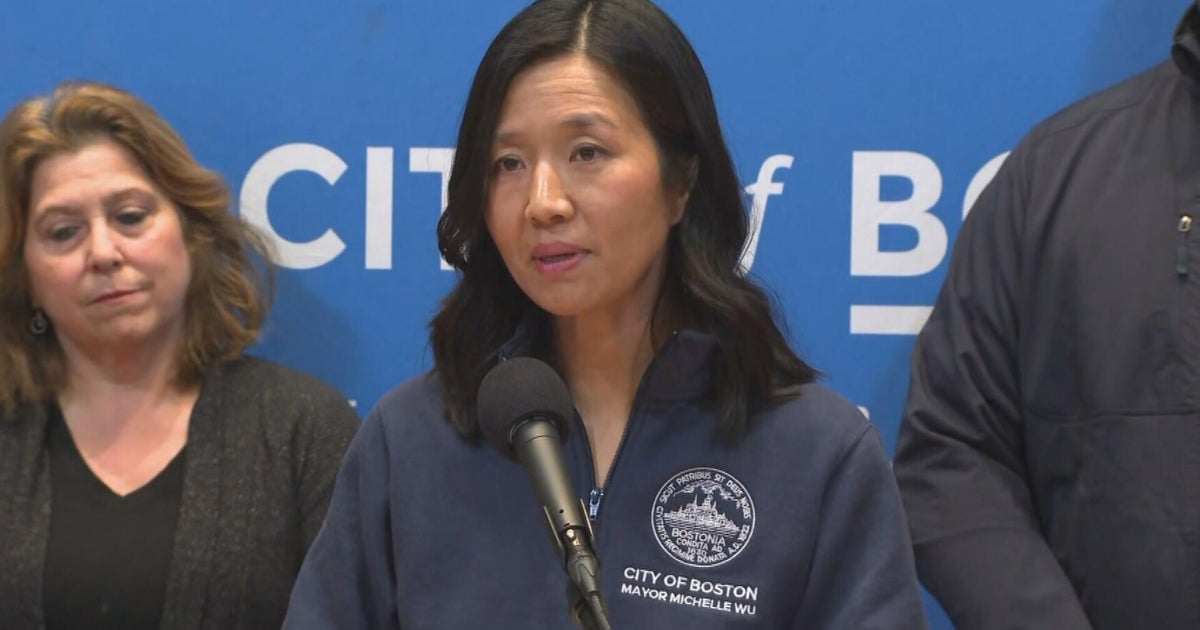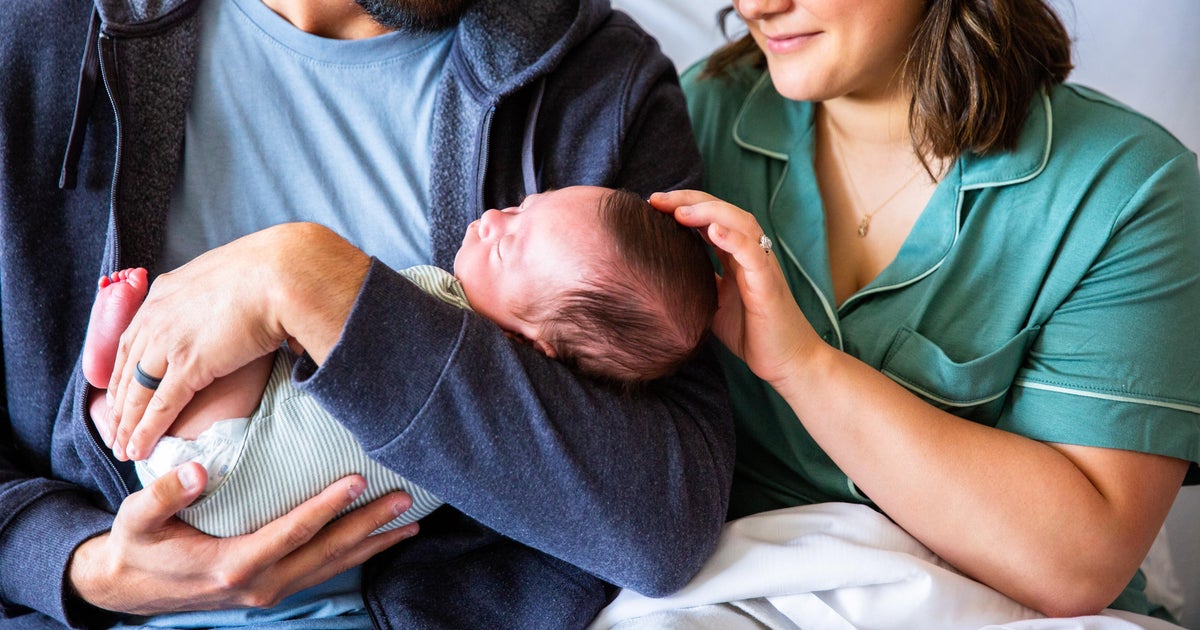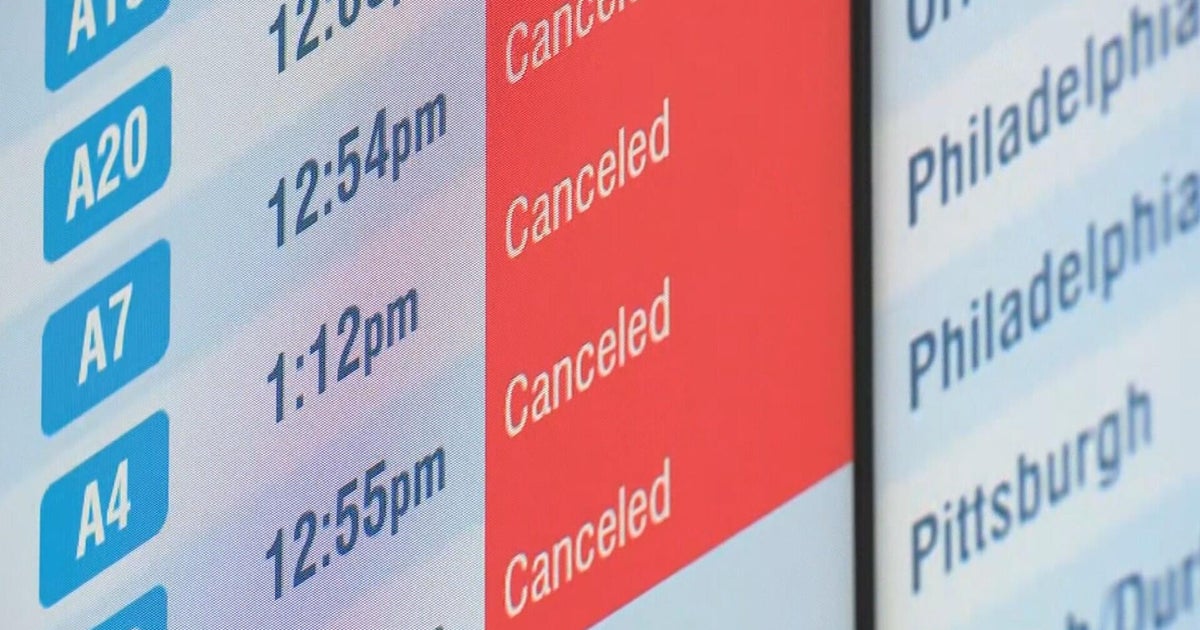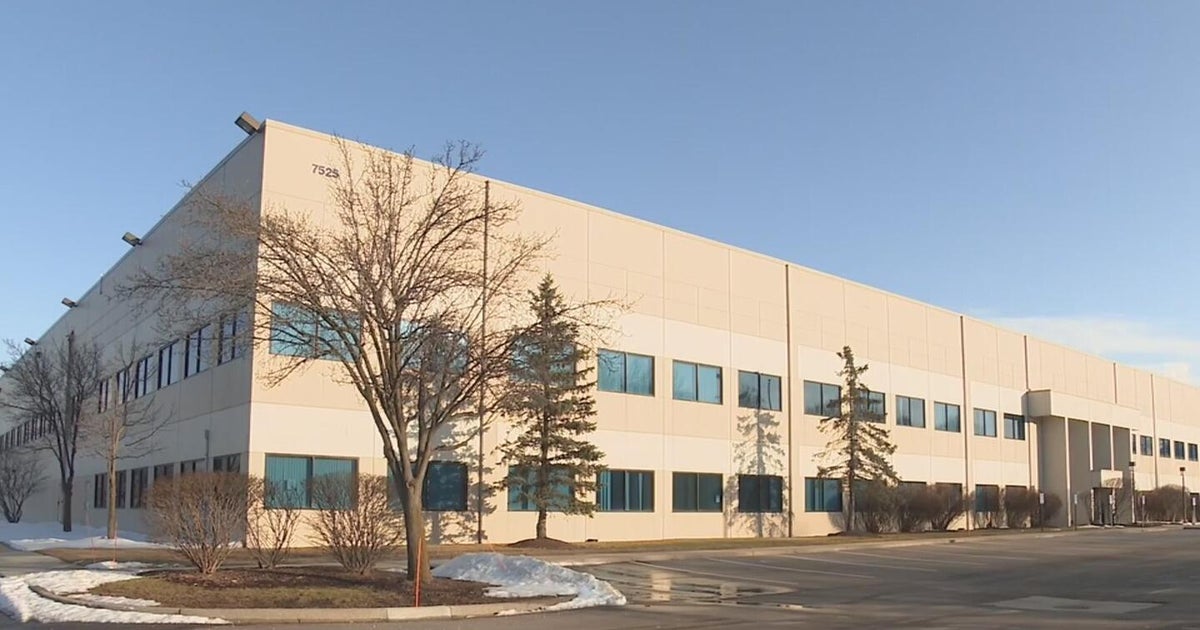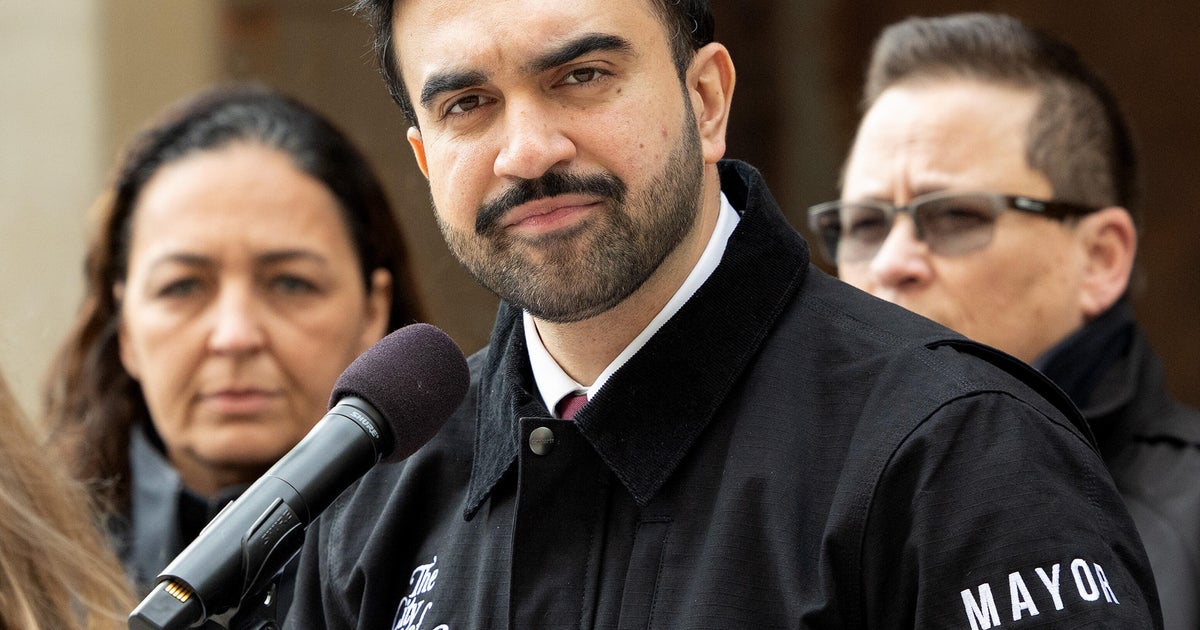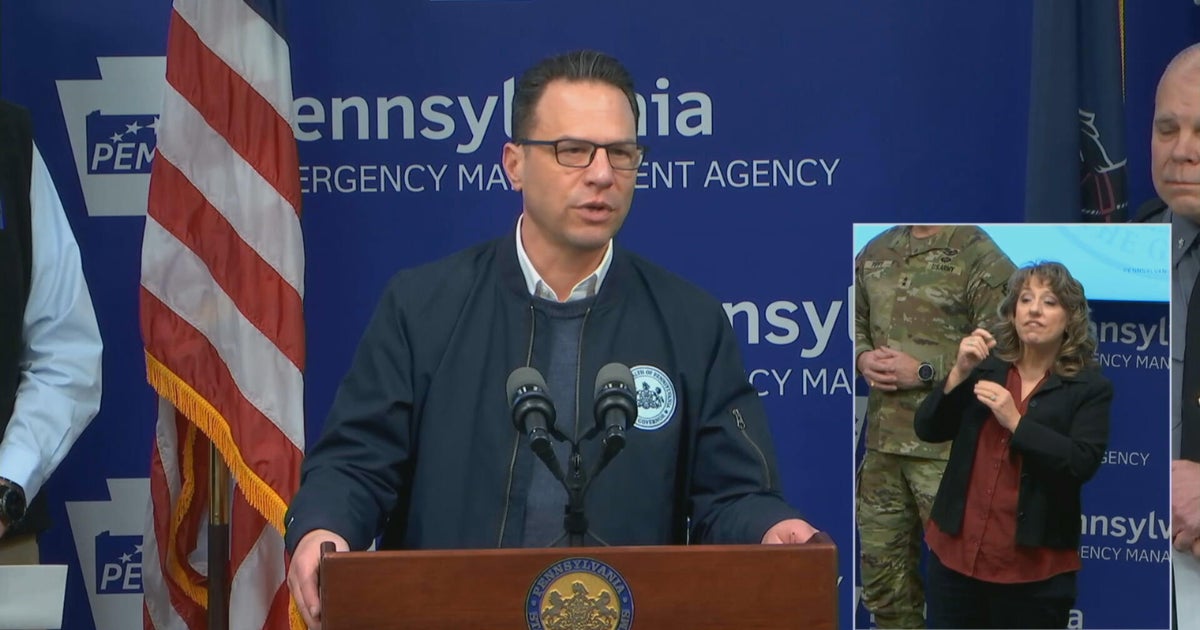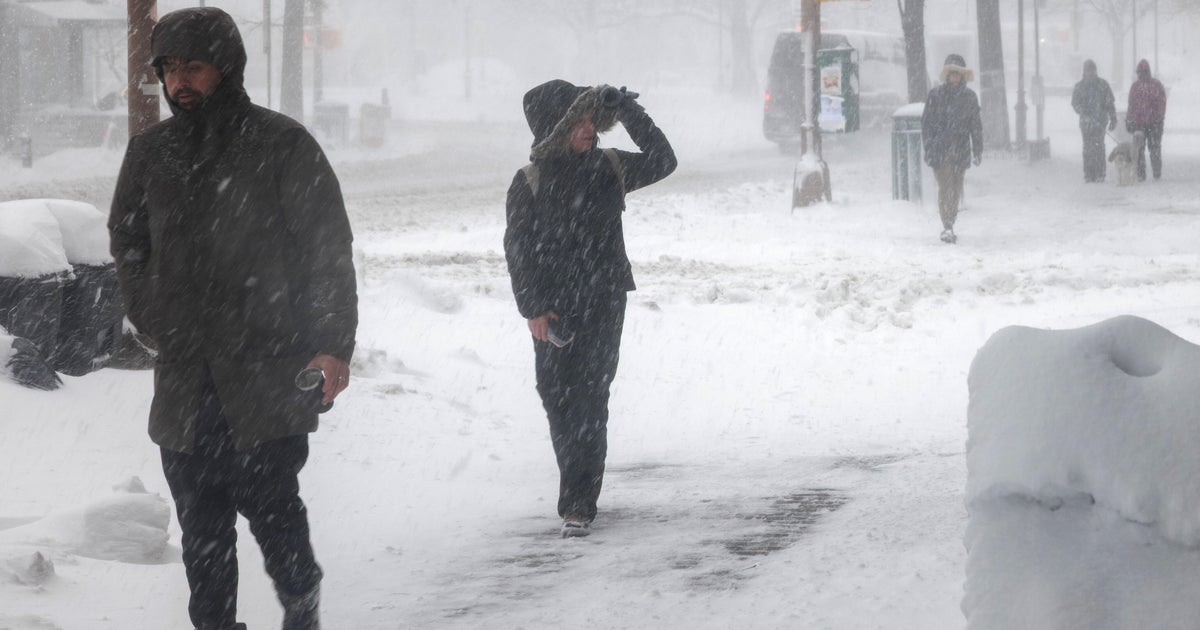Walsh Declares Racism Public Health Crisis; Wants 20% Of Boston Police OT Budget Reallocated
BOSTON (CBS) -- Racism is a public health crisis in Boston, Mayor Marty Walsh announced Friday. The mayor proposed to the Boston City Council that a total of $12 million, or 20% of the police overtime budget be reallocated. "The money will be invested instead in community program for youth, for homelessness, for people struggling with the effects of inequality," he said.
"We're determined to accelerate our work towards systemic change to renew our nation's and our city's promise of equal opportunity and justice for every single person," said Walsh. "The health impacts of historic and systemic racism are clear."
Boston Health and Human Services Chief Marty Martinez said, "Racism is a driving force that shapes access to the social determinants of health, like housing, education, and employment. It's a barrier to health equity for all Bostonians."
The health commission will work with the city, including the police department, to fight the impact of racism in Boston.
A further breakdown of Walsh's proposed reallocation includes:
- $3 million to implement our public health declaration,
- $1 million support trauma response and counseling at the Boston Public Health Commission,
- $2 million dollars for community investments to other city departments, including violence prevention, language access, food security, immigrant advancement, elder support, and the Human Rights Commission
- $2 million for programs supporting minority and women-owned businesses,
- $2 million for housing security and ending youth homelessness,
- $2 million for emergency clinicians and mental health supports to provide through the Boston Police Department when they respond to crisis.
The Boston Police Department's proposed overtime budget was supposed to be about $60 million for the 2021 fiscal year.
Walsh also said the department has completed a review of its use of force policy and already implemented several reforms, including the requirement that officers intervene when they see an unnecessary use of force.
"I can also announce that moving forward the Boston Police Department will no longer use the hair test for evidence of drug use in officers or recruits. I want to thank the police unions in their partnership in this decision that we're able to eliminate the hair test here in the city of Boston," said Walsh.
A new task force to review police force policies and other equity issues will be created. It will have representatives from civil rights organizations, the legal community, and the faith community and will be chaired by Wayne Bud, the former U.S. Attorney for the District of Massachusetts.
"I have signed the Mayor's Pledge issued by the Obama Foundation My Brother's Keeper Alliance. My Brother's Keeper was launched in 2014 to empower young men and women of color and Boston was one of the initial cities," said Walsh. The pledge is to review all of the police use of force policy, engage diverse communities, report findings publicly, and reform where necessary.
"The men and women of the Boston Police Department are increasingly reflective of our communities that they serve. And let's not forget, these offices are sons and daughters of proud parents, their mothers and fathers who love their children, their coaches and mentors in our community. And they are feeling the same emotion of this moment. And they, too, want to be part of the solution. They continue to deserve my respect and gratitude. We all know we still have work to do. That's very, very clear," Walsh said.
Gov. Charlie Baker also spoke to the media Friday. "I'm not a big believer at the end of the day that the right way to solve a number of problems is to so-called defund the police. I do believe in more accountability and transparency and as I said yesterday, we'll be filing legislation on that next week that we've been working with the black and Latino Caucus on for quite a while. If you think about criminal justice, or housing, or transportation, or health care, or education, so many issues there's no question that communities of color have been disadvantaged. We've done things to deal with these in many cases and we're going to continue to do things to deal with these, but these issues are real," he said in response to Walsh's announcement.
